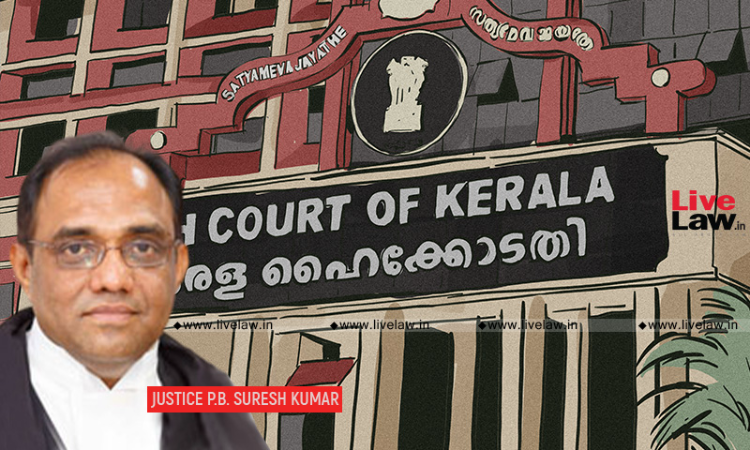Unconscionable Agreements Between Parties With Unequal Bargaining Power Void: Kerala High Court Reiterates
Hannah M Varghese
4 Dec 2021 11:26 AM IST

Next Story
4 Dec 2021 11:26 AM IST
The Kerala High Court has reiterated that unconscionable, unfair and unreasonable clauses in a contract entered into by parties who do not enjoy equal bargaining power are void.While allowing a petition, Justice P.B. Suresh Kumar observed that a clause in an undertaking enabling the Water Authority in this case to recover the entire amounts disbursed to the contractors towards interest, merely...
